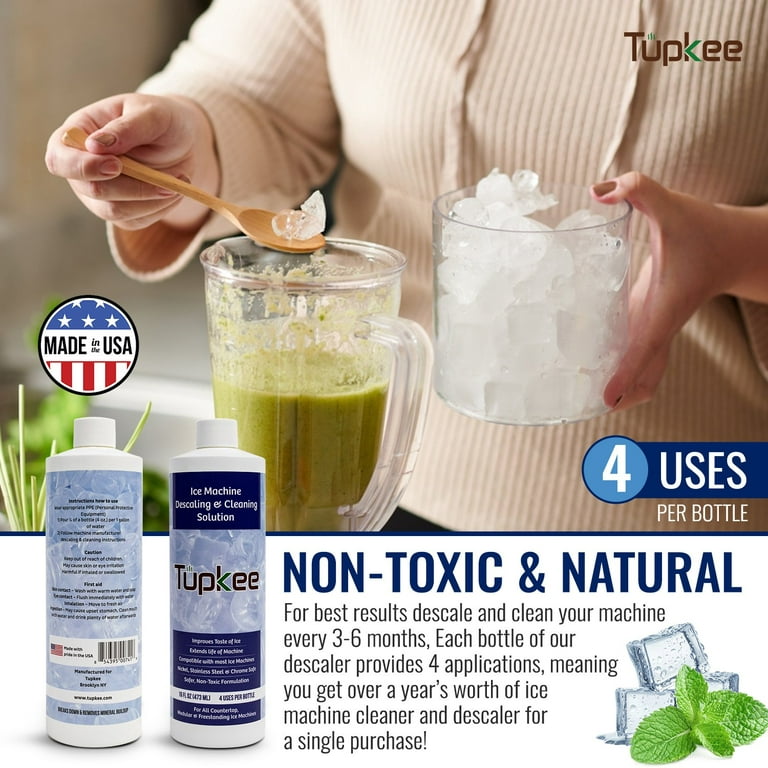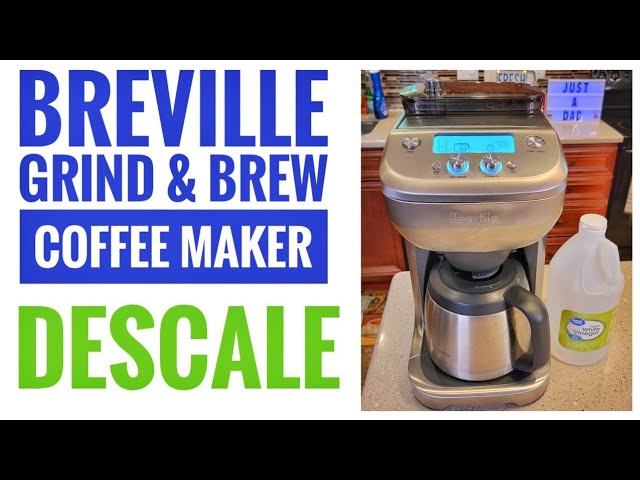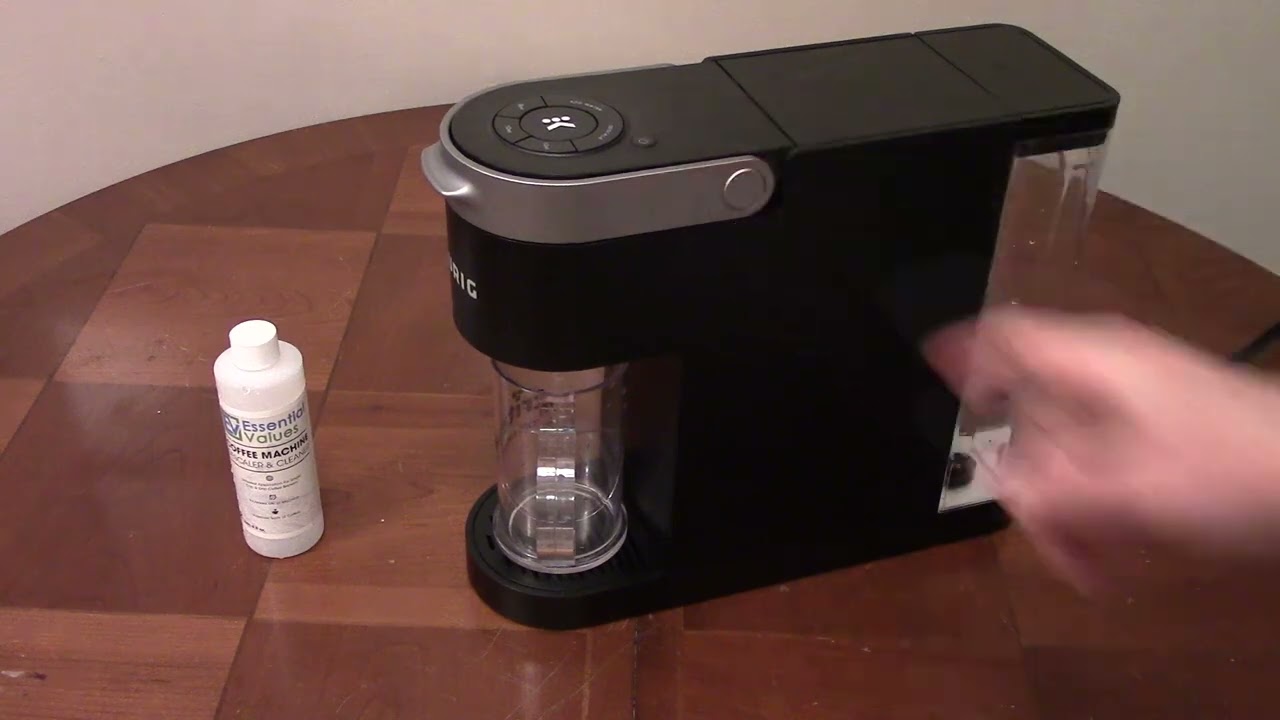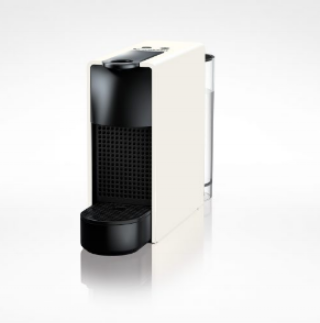How to Descale Your Tankless Water Heater: A Comprehensive Guide
Purchasing products via the links in our article may result in us earning a commission, but rest assured, this does not influence our editorial independence.
Descaling a tankless water heater is a crucial maintenance task that ensures the efficient and long-lasting performance of the unit.
Over time, mineral deposits, also known as limescale, can build up inside the heater, leading to reduced water flow, increased energy consumption, and potential damage to the heating elements.
In this comprehensive guide, we will explore the importance of descaling, the frequency of maintenance, professional descaling versus DIY methods, the best descaling products, and step-by-step instructions for descaling a tankless water heater.
Importance of Descaling
Descaling a tankless water heater is essential for several reasons:
- Limescale Removal: Descaling removes mineral deposits such as calcium and magnesium that can accumulate inside the heater, preventing clogs and maintaining optimal water flow.
- Energy Efficiency: By removing limescale, the heater operates more efficiently, reducing energy consumption and lowering utility bills.
- Extended Lifespan: Regular descaling helps prevent damage to the heating elements and extends the overall lifespan of the tankless water heater.
- Prevent Costly Repairs: Neglecting descaling can lead to costly repairs and potential replacement of the unit, making regular maintenance a cost-effective choice.
When to Descale
The frequency of descaling a tankless water heater depends on several factors, including the mineral content in the water, the set water temperature, and the volume of hot water used. While it is generally recommended to descale the unit at least once a year, the frequency may vary based on these factors. For instance, households with hard water may need more frequent descaling compared to those with soft water.
Professional Descaling vs. DIY Methods
Professional descaling services are available for homeowners who prefer to have the task handled by experienced technicians. Professional descaling ensures that the process is done correctly, adhering to the manufacturer’s guidelines, and helps avoid potential issues that could void the warranty. However, professional descaling services may come with a cost ranging from $100 to $200.
On the other hand, DIY descaling methods using descaling kits or household products such as white vinegar offer a more affordable alternative. While DIY descaling can be effective, it is important to follow the manufacturer’s instructions and safety precautions to ensure the task is performed correctly.
Best Descaling Products for Tankless Water Heaters
Several descaling products are available for maintaining tankless water heaters. These include:
| Descaling Product | Description |
|---|---|
| Descaling Kit | Specifically designed for tankless water heaters, these kits often include a descaling solution and instructions for use. |
| Vinegar | A natural and cost-effective descaling agent that can effectively remove limescale buildup. |
| CLR (Calcium, Lime, and Rust) | A chemical descaler that is effective in removing mineral deposits but should be used with caution due to its chemical composition. |
| Sulfamic Acid | Another chemical descaler that is effective in removing limescale but requires careful handling due to its acidic nature. |
When choosing a descaling product, it is important to consider factors such as effectiveness, eco-friendliness, and safety precautions.
The 3 Best Descaler for Tankless Water Heater of 2023
Descaling Tankless Water Heaters: Vinegar vs. Descaler
Step-by-Step Guide to Descaling a Tankless Water Heater
DIY Descaling Method Using Vinegar
Follow these steps to descale a tankless water heater using vinegar:
- Turn Off Power and Gas Supply: Before beginning the descaling process, ensure that the power and gas supply to the water heater are switched off.
- Turn Off Water Supply Valves: Close the water supply valves to prevent water from entering the heater during the descaling process.
- Drain the Heater: Connect a hose to the drain valve of the water heater and drain any remaining water from the unit.
- Remove and Clean the Filter: Remove the inlet water filter and clean it thoroughly to ensure proper water flow.
- Flush the Heater with Vinegar: Connect hoses to the flushing valves and fill a bucket with white vinegar. Use a pump to circulate the vinegar through the water heater for approximately 30 minutes.
- Reassemble the Unit: After the descaling process is complete, reassemble the parts, turn on the water supply valves, and restore power and gas supply to the water heater.
If you plan to use chemical descaler, you can watch this video.
Professional Descaling Service
For those who prefer professional descaling, hiring a plumber or technician to perform the task is recommended. Professional descaling typically involves the following steps:
- Turn Off the Heater: The plumber will turn off the water heater and disconnect its power source.
- Attach Hosing Lines: Hoses will be attached to the water heater for the descaling process.
- Run Descaling Solution: A descaling solution will be circulated through the water heater according to the manufacturer’s instructions.
- Reconnect the Heater: Once the descaling process is complete, the plumber will reconnect the water heater to the house’s water system.
FAQs
The optimal method to descale a tankless water heater involves shutting off the power, connecting a hose to the service valves, and circulating a descaling solution through the system for 45 minutes. Afterward, flush the system with fresh water, close valves, and turn the power back on. This regular maintenance ensures efficient operation.
Yes, descaling a tankless water heater is necessary to prevent mineral buildup, which can affect performance and efficiency. This maintenance task maintains heat efficiency and extends the unit’s life, making it a critical component of your annual water heater upkeep.
The frequency of descaling depends on the water hardness in your area and the amount of hot water your heater produces. In areas with hard water, it is advisable to descale every six months to a year. However, if your household uses a significant amount of hot water daily, more frequent descaling may be necessary. Regular monitoring of the heater’s performance can help determine the appropriate descaling intervals.
Yes, you can use vinegar to descale a tankless water heater. It’s a safe and natural descaling solution. Simply circulate distilled white vinegar through the system according to the manufacturer’s instructions. Ensure the heater is turned off and properly drained before starting this maintenance process for optimal efficiency and longevity.
While DIY descaling methods are available, professional descaling is recommended for optimal results. Professionals have the expertise and equipment to perform thorough descaling without causing damage to the unit. This ensures that the process is done correctly, adhering to the manufacturer’s guidelines, and helps avoid potential issues that could void the warranty.
Neglecting tankless water heater descaling can lead to several risks, including reduced water flow, increased energy consumption, potential damage to the heating elements, and costly repairs. Regular descaling is a cost-effective choice that prevents these issues, ensuring optimal performance and extending the overall lifespan of the unit.
In conclusion, descaling a tankless water heater is a vital maintenance task that ensures optimal performance, energy efficiency, and longevity of the unit.
Whether opting for professional descaling services or DIY methods using descaling products such as vinegar, regular maintenance is key to preventing costly repairs and maintaining the efficiency of the water heater. By following the recommended descaling frequency and using the best descaling products, homeowners can ensure that their tankless water heaters continue to provide reliable hot water for years to come.
Emily Brown
Emily Brown is a professional cleaner with over 15 years of experience in the industry. She has a wealth of knowledge on the various descaling solutions and methods and is passionate about sharing her knowledge through her writing on the blog Descaler Genius. She also runs her own cleaning business, where she helps customers maintain their appliances and keep their homes clean and tidy.




